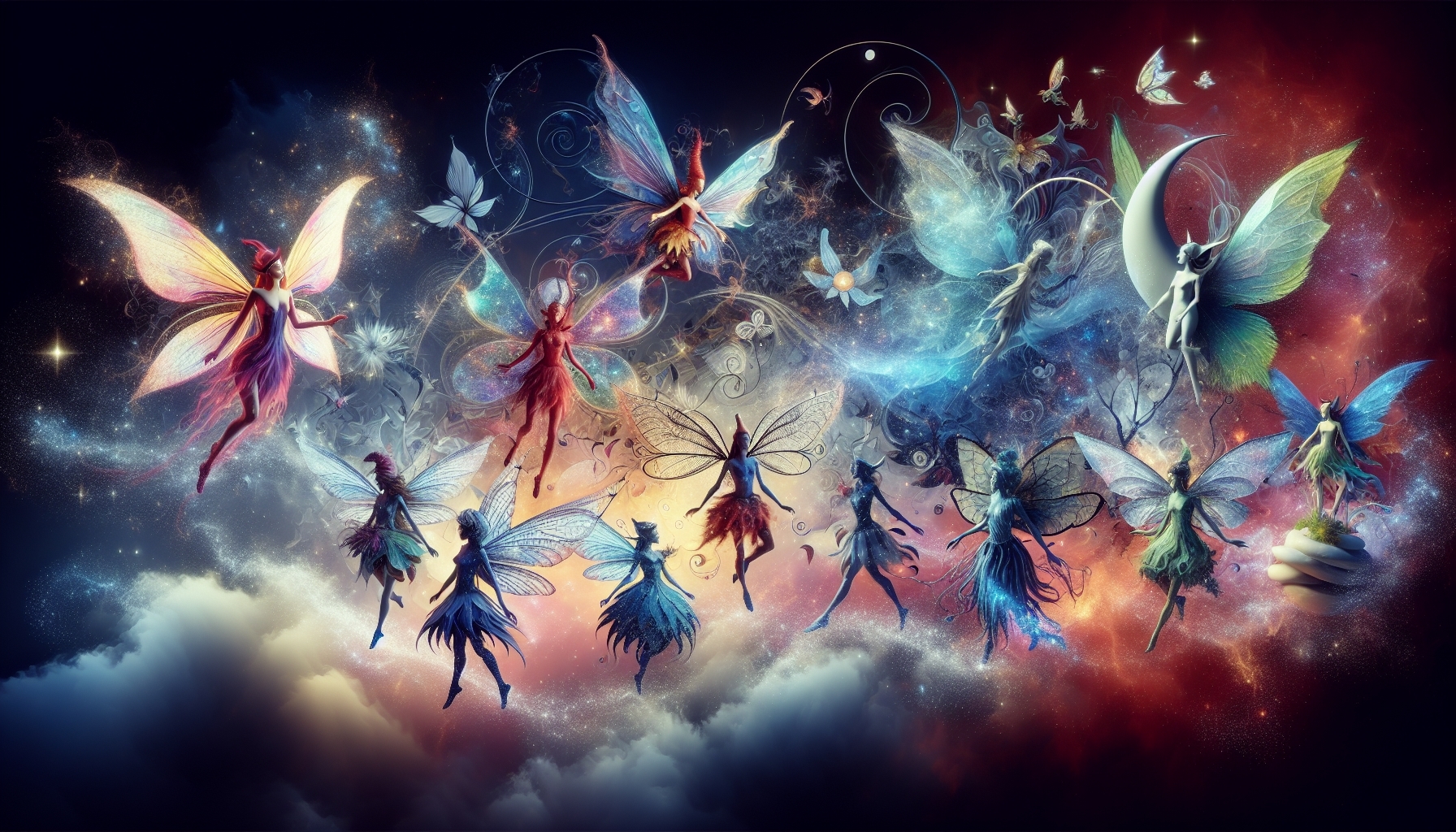
Alexander Pushkin Russian
Fairy Tale Author
Alexander Pushkin has left an indelible mark on the world of fairy tales. For his audiences, his story, style and descriptions put life into characters and plots like no other before him.

Alexander Sergeyevich Pushkin (1799 - 1837) was a Russian author of the Romantic era who is considered to be the greatest Russian poet and the founder of modern Russian literature.
Alexander Sergeyevich Pushkin, born in 1799 in Moscow, Russia, emerged as a central figure in Russian literature. His works, including poetry, novels, and fairy tales, showcased his innovative use of the Russian language and his ability to address complex themes with both elegance and sharp wit. Pushkin's ability to blend folklore with the Russian language has earned his fairy tales a timeless place, with children and adults alike.
Alexander Pushkin was born in Moscow into a cultured but poor aristocratic family. His first poem was published at the age of fifteen.
Pushkin's father Sergei Lvovich Pushkin descended from a distinguished family of the Russian nobility which traced its ancestry back to the 12th century. His mother Nadezhda Ossipovna Hannibal descended through her paternal grandmother from German and Scandinavian nobility.
In 1820 he published his first poem, Ruslan and Lyudmila. It was based on Russian folk tales which his grandmother had told him - in French.
The Russian literary scene recognized his talent almost immediately. Alexander Pushkin is usually credited with developing Russian literature. His talent set up new records for development of the Russian language and culture.
With his political verses and epigrams, he became associated with a revolutionary movement that culminated in the unsuccessful revolt of 1825. He was sent to several rural locations. he produced a cycle of romantic story poems that confirmed him as the leading Russian poet of the day. He also worked on his important historical tragedy, Boris Godunov (1831), and his central masterpiece, the novel in verse Eugene Onegin (1833).
Nicholas I allowed him to return to Moscow in 1826. Pushkin abandoned his rebel tendencies during the time of Peter the Great.
During this time he wrote poems such as The Bronze Horseman (1837) and the classic short story “The Queen of Spades” (1834) plus the drama The Stone Guest (1839).
There are many stories told of him challenging men to duels. In fact he was killed in a duel with D'Anthès. In that duel D'Anthès fired first, critically wounding Pushkin. The bullet had entered at his hip and penetrated his abdomen. He was wounded and lying on the ground when he shot D'Anthès.
D'Anthès was only lightly wounded in the right arm by Pushkin when he shot while lying wounded on the ground . Two days later, at 2.45 pm on 29 January (10 February), Pushkin died of peritonitis. (more about the duel)
He is often considered his country’s greatest poet and the founder of modern Russian literature. By integrating Western literary styles with Russian folklore, Pushkin wrote stories, fairy tales and poems that were both Russian and world wide appealing.
Pushkin was a genius in his ability to change hats at will. His poetry and stories brought together with clarity, a deep understanding of complex issues . A straightforward yet poetic style helped cement his position as his country’s greatest poet
"The Tale of the Dead Princess and the Seven Knights"

Alexander Pushkin, one of the most famous writers in Russian history, has told stories that influenced Russian literary for years. His fairy tales have moral and entertaining appeal. In trying to understand these tales, we can gain insight into Pushkin's imagination and his understanding of the cultural history of Russia.
A Russian author that is considered "The Greatest Russian Poet". A fairy tale called "The Tale Of The Dead Princess" is very much like "Snow White And The Seven Dwarfs" with a wicked queen, magic mirror and a poison apple. It does have seven knights instead of dwarfs.
This tale, one of Pushkin's most beloved works, showcases his ability to adapt the familiar motifs of European fairy tales within a Russian context. The story follows closely to the classic story of Snow White but is very clearly in Pushkin’s style and in the way he is describing the scenes.
Unlike the passive beauties of many Western tales, Pushkin's princess is beautiful, active, smart and very agile. Using knights instead of dwarfs also adds a heroic element to the story, reflecting the valor displayed in Russian folklore.
"The Fisherman and the Golden Fish"
Then there is "The Fisherman and the Golden Fish" that is similar "The Fisherman and the Fish" by Grimm.
This fairy tale is a moral story made to look like simple folklore. It tells the tale of an old fisherman who catches a magical golden fish. The fish promises to make his wishes come true. All he has to do in exchange is to give the fish its freedom. The story, about greed and its consequences, shows the fisherman's wife urging him to demand more and more from the fish.
Pushkin’s version of the story is a reflection on human behavior and it's desire for more and more. The story tells us a lesson about the dangers of greed.
About Alexander Pushkin’s fairy tales
Alexander Pushkin’s fairy tales, easy to understand and with moral reflections, continue to have readers from around the world. They are not only a reaction to Pushkin’s genius but also a window into the culture and ethics of 19th-century Russia.
By examining these tales, we appreciate the breadth of Pushkin's skill and the depth of his insight into human nature and societal norms. His stories remain relevant, reminding us of the values we share across time and culture, and the power of literature to reflect and shape human experience.
My Thoughts
As a storyteller, I find this reinterpretation deeply aligned with the principles of engaging and meaningful narrative creation. Pushkin’s legacy is not just preserved; it’s revitalized for today’s world, demonstrating the enduring power of great stories to adapt and inspire, regardless of the era. This approach keeps the fundamental essence of Pushkin's work, while also making it relevant and accessible to a global, 21st-century audience, reflecting the ongoing dialogue between the old and the new in the literary world.
Here are 3 more links to Alexander Pushkin Fairy Tales
Ruslan and Ludmila, TheTale of the Golden Cockerel and The Tale of Tsar Saltan
